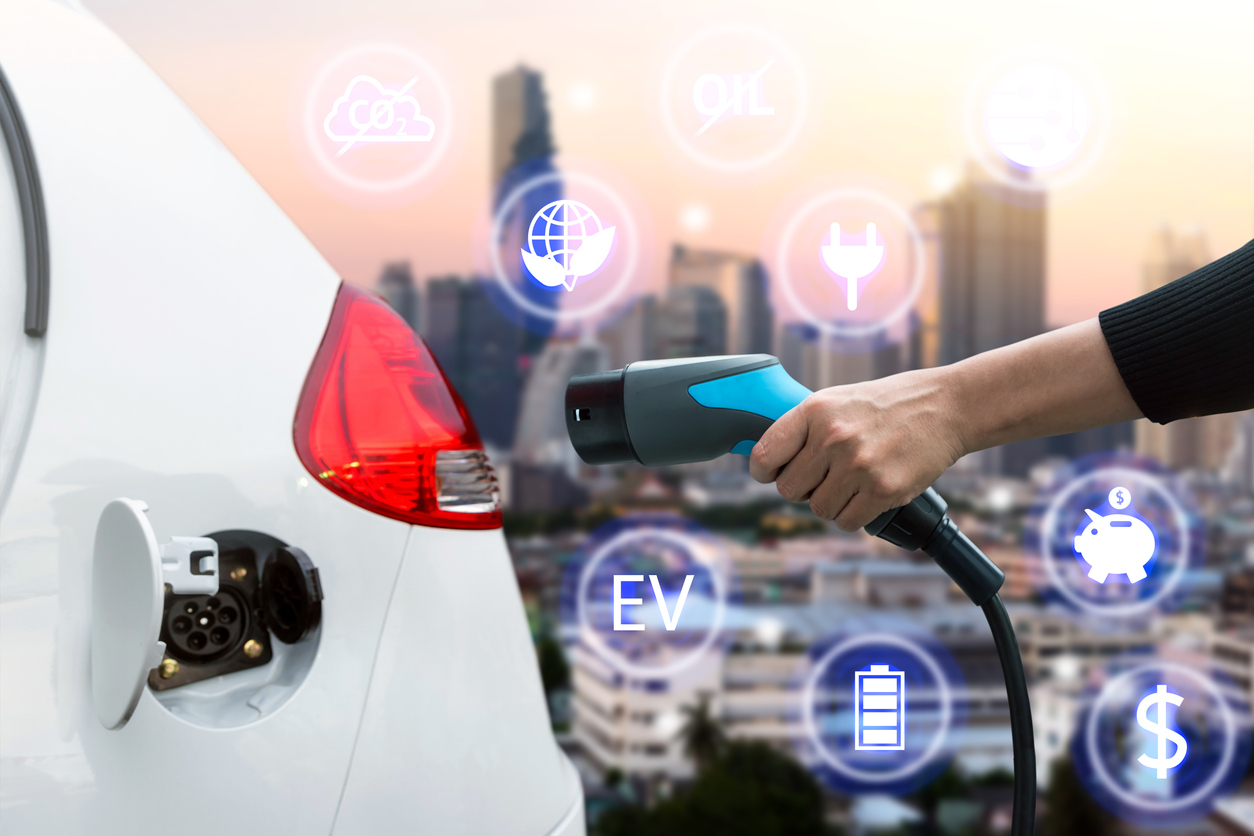
October 17, 2023
The move is to accelerate the adoption of electric vehicles in India
India’s power demand increased by 16% in the first half of October
India's installed power generation capacity is set to grow from 425GW to 800GW by 2030 to meet the increasing demand
In May 2021, the central government approved a PLI scheme for manufacturing advanced chemistry cell (ACC) batteries with an estimated outlay of INR 18,100 crore

The government plans to introduce a new production-linked incentive (PLI) scheme aimed at reducing the cost of batteries and accelerating the adoption of electric vehicles in India, according to Union Minister R K Singh.
He announced this during the EV (electric vehicles) Ready India Dashboard event hosted by the OMI Foundation. Singh emphasised the need to increase the production volume of batteries to drive down their prices, which is why there is a production-linked incentive (PLI) for storage.
He also highlighted the limited global capacity for battery manufacturing contributing to high battery prices. Singh acknowledged that increased costs and restricted driving range remain challenges in adopting electric vehicles.
Singh stressed the importance of transitioning to electric mobility for India, citing the reduction of emissions as a significant benefit. He noted the need for alternative battery chemistries to reduce dependency on a single source for lithium, mentioning research into sodium-ion batteries as one potential alternative.
Furthermore, Singh highlighted the significant growth in power demand in India, with power demand increasing by 16% in the first half of October. He expressed confidence in India’s economic growth, projecting continued growth from 7.5% to 7.8%.
He also emphasised India’s commitment to non-fossil fuel-based power generation, to achieve 65% capacity from non-fossil fuel sources by 2030 and a 45% reduction in emission intensity by the same year. India’s installed power generation capacity is set to grow from 425GW to 800GW by 2030 to meet the increasing demand.
In May 2021, the central government approved a PLI scheme for manufacturing advanced chemistry cell (ACC) batteries with an estimated outlay of INR 18,100 crore, aiming to attract foreign and domestic investments totalling INR 45,000 crore. The scheme aimed to produce 50GW of battery storage, with ACCs representing the next generation of advanced energy storage technologies.
Source: Economic Times